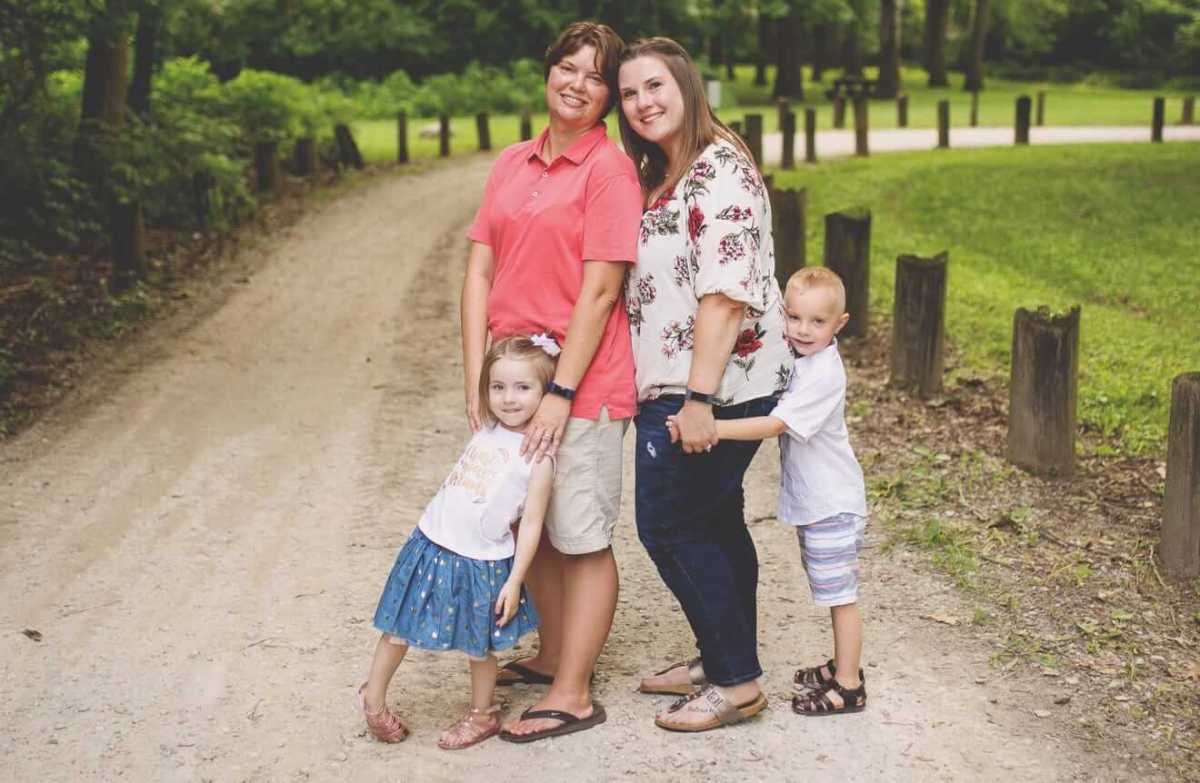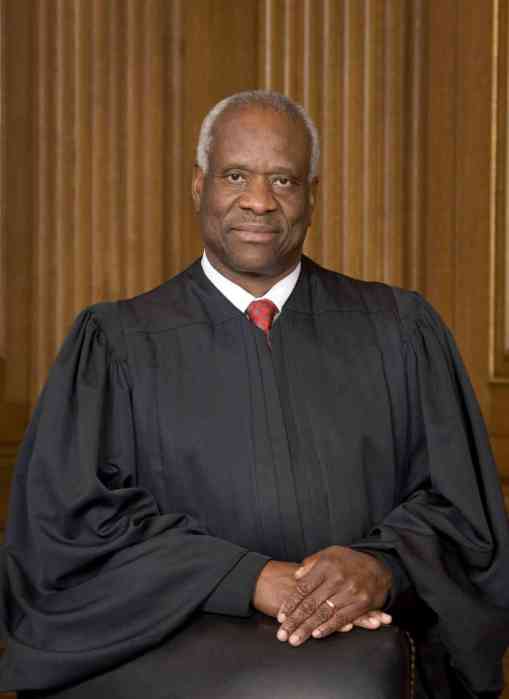In a win for maintaining the integrity of the Supreme Court’s 2015 Obergefell marriage equality ruling, the high court has refused to review an appellate decision that Indiana must extend to married lesbian couples the same parentage presumption customarily applied to married different-sex couples: that a birth mother’s spouse is presumed to be a parent of their child.
The Supreme Court, on December 14, denied the state’s petition for review of the Chicago-based Seventh Circuit Court of Appeals’ decision in Henderson v. Box. The denial was made without explanation or any dissent.
As a consequence, Indiana must treat a child born to a married lesbian couple as born “in wedlock” and must name both mothers on the infant’s birth certificate.
Lesbian spouses of birth mothers presumed to be child’s parent, must be listed on birth certificate
The last time a challenge to the breadth of the Obergefell decision went before the Supreme Court — with Pavan v. Smith in 2017 — it overruled the Arkansas Supreme Court on the same question. That opinion was issued per curiam, meaning it was an opinion for the court not attributed to any individual justice — though a close reading would identify the hand of Justice Anthony M. Kennedy, Jr., author of the Obergefell opinion. The 2015 victory found not only that same-sex couples have a constitutional right under the 14th Amendment to marry, but also that such marriages must be treated by the states as equal in every respect to the marriages of different-sex couples. Kennedy had specifically mentioned listing on birth certificates as one of the incidents of legal marriage previously denied to same-sex couples.
In Pavan, however, Justice Neil Gorsuch wrote a dissenting opinion, joined by Justices Samuel Alito and Clarence Thomas, arguing that the Obergefell ruling did not necessarily compel the majority’s conclusion and that the court should have scheduled a full hearing on the question.
Since Pavan was decided, Kennedy has retired and Justice Ruth Bader Ginsburg has died, and were replaced respectively by Justices Brett Kavanaugh and Amy Coney Barrett, both religious conservatives.
When Indiana filed its petition for review in the spring, Ginsburg was still on the court and the Pavan v. Smith majority remained intact, even with a reduced 5-4 majority. The same-sex couples who had filed the lawsuit, represented by the National Center for Lesbian Rights, did not even file an opposition, assuming the court would dismiss the petition.
With Ginsburg’s death, however, the Pavan six-member majority had now been reduced to a four-member minority. The Supreme Court recently requested that the plaintiff couples file a reply to Indiana’s petition, and the possibility appeared that it might take up the issue anew.
At the heart of Indiana’s case was the contention that the presumption that a husband is the father is reality-based in biology — even if the husband might not in fact be the biological parent — and there is no such basis for a reality-based presumption for the wife of a woman who gives birth. (The Seventh Circuit, however, had observed that one of the lesbian couples in the case comprised two biological mothers, since the second mother donated the egg that was gestated by the birth mother.)
In fact, Indiana — in common with some other states — does not treat the paternal presumption as conclusive. According to both the trial court and the Seventh Circuit, the state relies on self-reporting by the mother in determining a man’s name to record on a birth certificate, and she is asked for the father, not specifically the biological father. If her husband did not father her child, she could well record him as the father anyway.
Ultimately, the Seventh Circuit cut through these details to find, “The district court’s order requiring Indiana to recognize the children of these plaintiffs as legitimate children, born in wedlock, and to identify both wives in each union as parents, is affirmed.”
By refusing to review this ruling, without any explanation or dissent by the conservative justices, the Supreme Court seems to have put the seal on this issue. This is particularly reassuring in light of gratuitous comments by Justice Alito, joined by Justice Thomas, in a statement he issued when the court, in October, refused to review a petition by Kim Davis, a former Kentucky county clerk, challenging the fines imposed on her for refusing to issue marriage licenses to same-sex couples after the Obergefell decision. Alito’s statement — and remarks he later delivered to a conservative public forum — sharply criticized the Obergefell decision and suggested the court needed to “fix” the problems that ruling created for those with religious objections to same-sex marriage.
Alito’s statement renewed attention on the Henderson case and the possibility that the court might take up the case and chip away at the equal legal status of same-sex marriages. The decision not to take this case may represent a reluctance more than five years down the road to upset the understanding of Obergefell’s full scope — at the very least on the question of parental recognition.
To sign up for the Gay City News email newsletter, visit gaycitynews.com/newsletter.

































